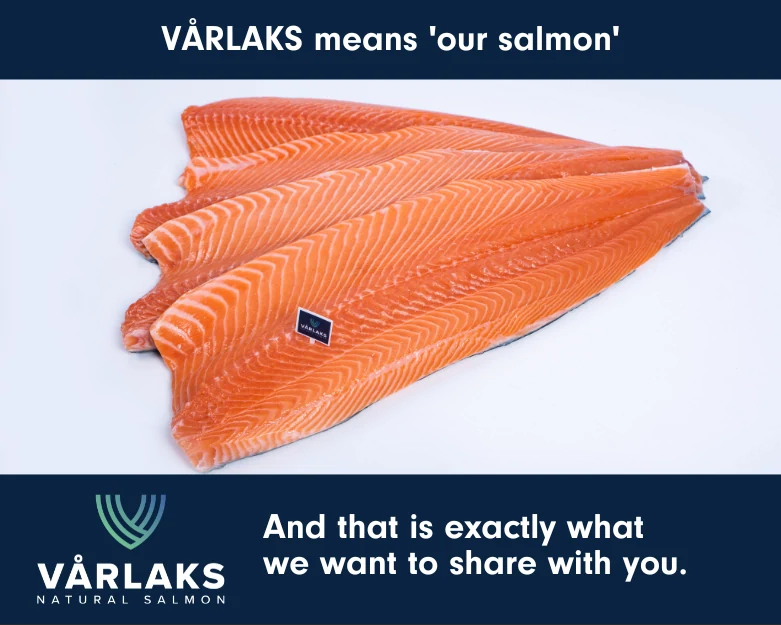Benirei controls a major part of the market for wild and farmed salmon in Japan.
Leading Japanese seafood group Marubeni has created a dedicated division to boost the sales of land-based salmon produced by Proximar in Japan.
Marubeni Corporation is one of Japan’s largest conglomerates, with extensive business activities and presence worldwide. Set to launch 1 April , this new division, named the “Proximar Division,” will be a part of Marubeni’s subsidiary seafood trading company, Benirei.
On the same day, Marubeni is set to consolidate its seafood trading operations into its subsidiary. Subsequently, on 1 July Benirei will be renamed “Marubeni Seafoods Corporation.”
“By integrating Marubeni’s seafood trading expertise and resources, including in-house import and export functions, into Benirei, the Marubeni Group aims to enhance its business capabilities, allowing for a more agile and adaptive response to the evolving market needs,” the company wrote in an announcement on its website.
Seafood distributor Benirei controls a major part of the market for wild and farmed salmon in Japan.
Under the “Proximar Business Promotion Team,” the division will oversee the marketing and sales of Atlantic salmon produced by Proximar Seafood, according to a release from the company.
This initiative follows Marubeni’s exclusive agreement to handle the domestic sales of Proximar’s salmon, cultivated at a closed-circulation land-based aquaculture (RAS) facility in Oyama Town, Shizuoka Prefecture, with sales commencing in 2024.
Benirei, as part of the Marubeni Group, will play a crucial role in executing this contract by marketing and selling Proximar’s RAS-farmed Atlantic salmon in the Japanese market.
Proximar, with its production facility at the foot of Mount Fuji in Japan, aims to capitalize on the significant cost and environmental advantages of local production. The company plans its first harvest for Q3 2024 and is supported by key industrial investors and a syndicated loan led by Mizuho Bank in Japan.
The company is backed by Norwegian salmon producing giant Grieg, and Skretting-parent Nutreco. Japan consumes approximately 40,000 metric tons of Atlantic salmon annually. With 85 percent of this imported chiefly from Norway.
Marubeni posted a record 543 billion yen ($4 billion) in 2022/23 fiscal year net profit in May last year, a 28% increase from the year before.









